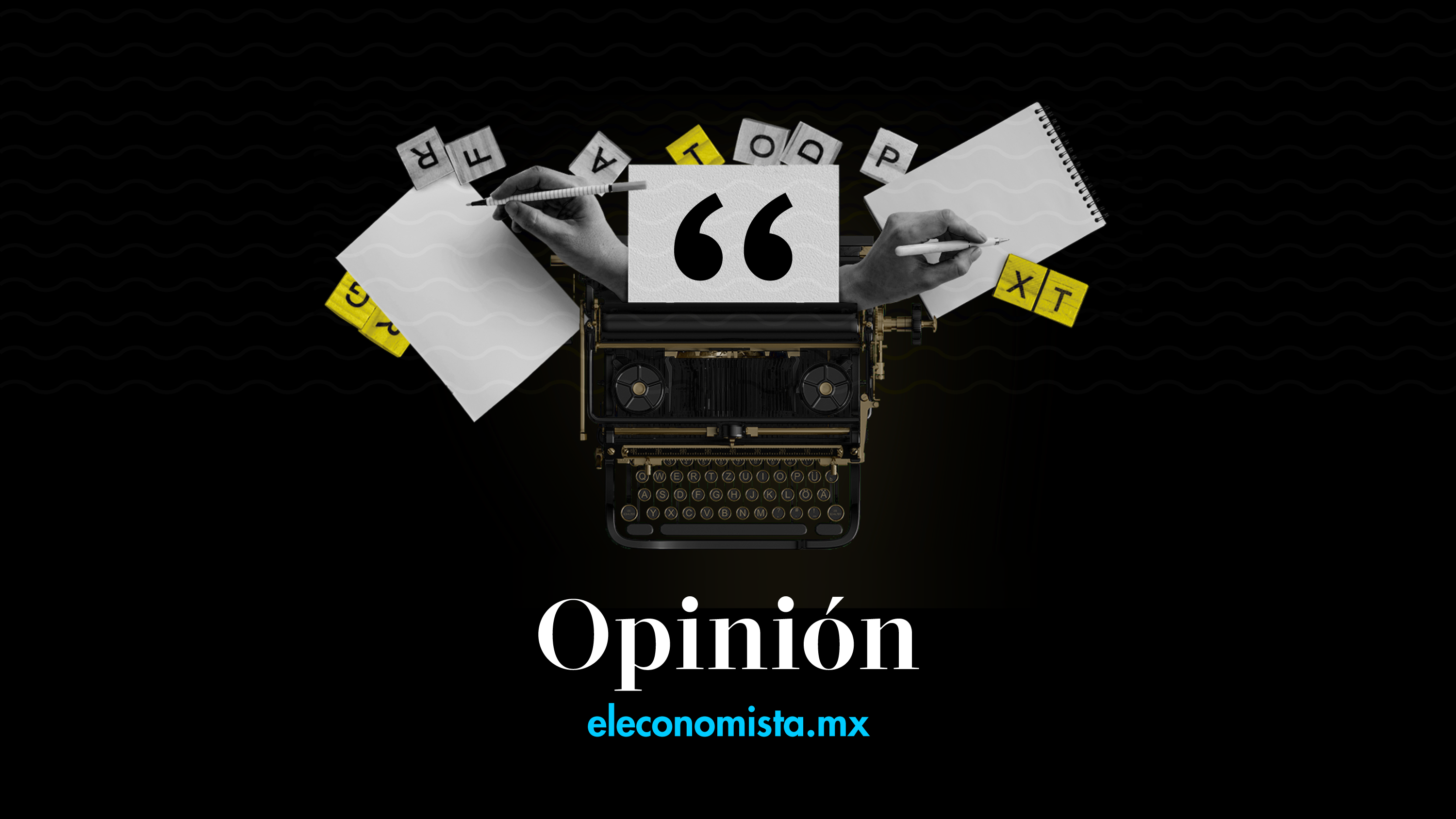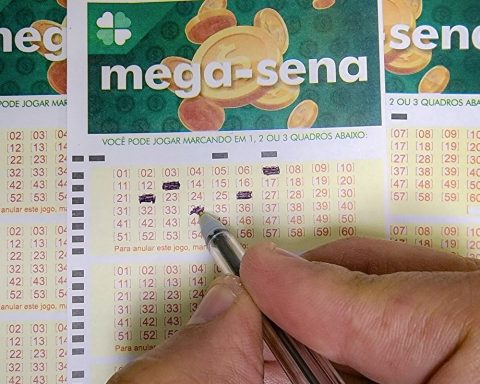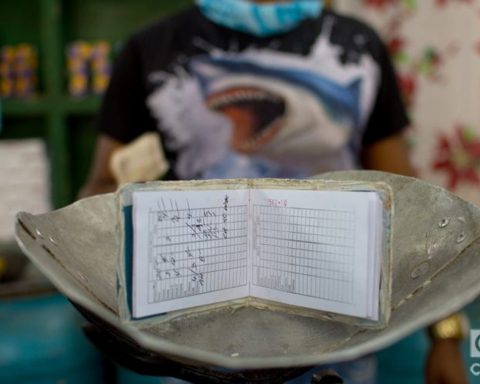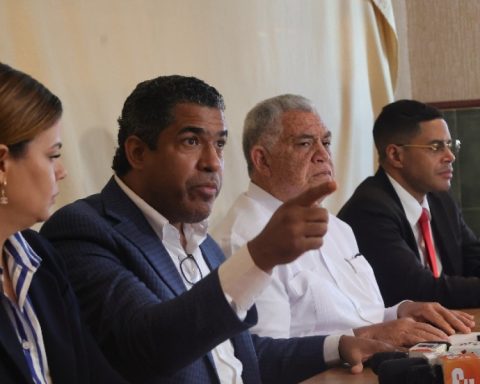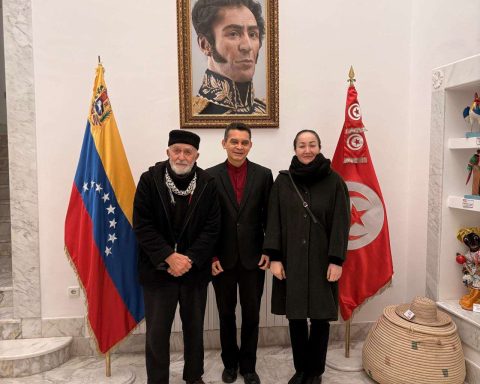The interpretive decree approved two weeks ago by Morena and her allies in Congress has begun its predictable shipwreck. The intention of the official majority was to modify the concept of government propaganda so that the public servants of the 4T could participate in the campaign in favor of the President of the Republic within the process of revocation of mandate.
President López Obrador himself joined the Morenoist attempt. The Senate approved the decree in fast track on March 11, and that same day the head of the Executive Power promulgated it in the evening edition of the Official Gazette. There was no time to lose, they wanted it to come into force as soon as possible.
President López Obrador seems to have fallen into a vicious circle as the twilight of his government approaches. Faced with poor results, the Tabasco politician takes refuge in the blind loyalty of the opportunists and incompetents who surround him. From the legion of unconditional supporters of the interpretative decree.
Its promoters in the Chamber of Deputies bet on the weakness of the Supreme Court of Justice of the Nation. His intervention to resolve the action of unconstitutionality announced by the opposition legislators would arrive once the recall day had elapsed. In addition, it would not be easy for the qualified majority (eight out of eleven votes) to declare the decree unconstitutional.
However, in electoral matters there are other faster ways to activate the control of constitutionality. The activism of the governors of Morena in social networks in favor of the ratification of López Obrador gave rise first to the intervention of the INE and then the Electoral Tribunal of the Judicial Power of the Federation (TEPJF).
Movimiento Ciudadano filed a complaint against Layda Sansores, governor of Campeche, and Morena for the publication on Twitter and Facebook of a letter of support for President López Obrador, signed by the governors of the 4T. The complainant requested that the dissemination of the document be stopped while the electoral authority determined its legality.
The interpretive decree put the INE Complaints Commission in a dilemma. If it applied the new concept of government propaganda, it should deny the precautionary measures, since dissemination on social networks did not seem to have a cost for the treasury. But, if he maintained the definition of the TEPJF, as expressions of public servants that highlight achievements and government actions, he would have to grant them.
The INE ordered to suspend the dissemination of the letter of the governors of the 4T. Morena challenged the precautionary measures agreement before the Superior Chamber of the TEPJF. In the terms of the interpretive decree, it argued that said document could not be considered government propaganda because its dissemination was not paid for with budgetary resources.
Until yesterday afternoon, the TEPJF was preparing to declare the inapplicability of the interpretative decree. The draft sentence circulated proposed to confirm the precautionary measures issued by the INE based on two arguments.
In the first place, the new concept of government propaganda of the 4T exceeds the limits of authentic interpretation by introducing an exception not provided for in the law or the Constitution. Second, the interpretive decree, approved a few weeks before the recall day, violates article 105 of the Constitution, which prohibits making fundamental legal changes, 90 days before an electoral process and until its conclusion.
The draft ruling is good news for the rule of law and a setback for Morena. If approved, the interpretive decree would remain as another occurrence of the 4T that fails the constitutionality test.
*Professor at CIDE.
Twitter: @BenitoNacif
Professor
particular vote
Dr. Benito Nacif is a professor in the Political Studies Division of the Center for Economic Research and Teaching (CIDE). He was Electoral Counselor of the National Electoral Institute (INE) from 2014 to 2020 and of the Federal Electoral Institute (IFE) from 2008 to 2014.
